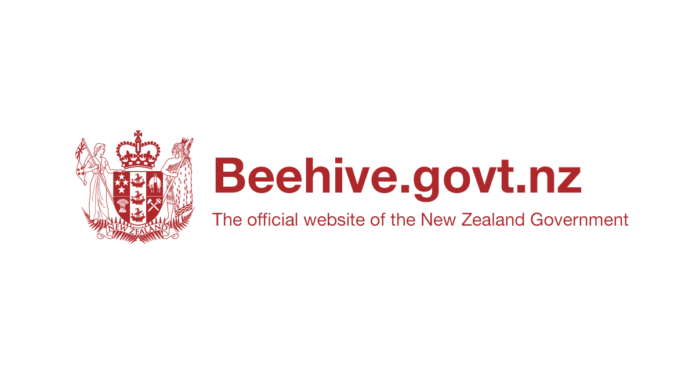Source: New Zealand Government
Judge Laurie Newhook has commenced a three-year appointment as Chief Freshwater Commissioner for the Freshwater Planning Process (FPP), replacing Professor Peter Skelton who has now retired after long public service to environmental law, Environment Minister David Parker said today.
The Chief Freshwater Commissioner oversees the FPP and convenes independent freshwater hearings panels with enhanced hearing powers. The panels are made up of freshwater commissioners and nominees from councils and tangata whenua.
Twenty-two Freshwater Commissioners have been appointed to support the FPP. Two panels have already been appointed.
Judge Newhook became head of the New Zealand Environment Court in 2011, retiring as Chief Environment Court Judge in 2020. He had been a Judge of the Court since 2001, and is now an Alternate Environment Judge. Before becoming a Judge, he had over thirty years advocacy experience.
Since 2020 Judge Newhook has been Convener of the expert consenting panels for fast-track consenting under the COVID-19 Recovery (Fast-track Consenting) Act 2020. He continues in that role.
The FPP was introduced by the Resource Management Amendment Act 2020 to enable regional councils and unitary authorities to make changes to their freshwater plans in a more efficient way than the prior RMA.
Regional councils and unitary authorities must use the FPP for proposed freshwater provisions in regional policy statements and plans.
“The FPP marks a significant shift in freshwater planning, I expect significant improvements to environmental outcomes resulting from plan-making under this process,” David Parker said.
“It supports an accelerated process for regional freshwater plan changes that will implement the National Policy Statement for Freshwater Management 2020.
“This process is central to the delivery of the Government’s commitment to stop further freshwater degradation, make material improvements within five years, and restore waterways to a healthy state within a generation.”



